| | Stopped by at a "secret" beach near the house tonight on the way home... the boys danced in the gentle waves for ages! What a lovely way to spend an evening. |
|
1 Comment
Today we had to drive out to O'Leary for Tats' aviation medical. In order to make the nearly six hours of driving (approx. three each way) more bearable, we decided to break up the excursion into smaller, chunks. The first stop on our adventure took us to the Bottle Houses, just past Summerside. WELL worth the $16 family admission, this "museum" and gardens are just magical! (click photos to enlarge) On the grounds there was also a ring toss game, which the boys enjoyed playing.... Next it was onwards to O'Leary, where Tats went to her appt with the examiner at the newish, bright and lovely Community Hospital, while the boys and I headed over to a nearby school for a picnic under a tree and a romp in the adjacent playground. After Tatsy's exam (she passed, thank goodness!), we visited the Canadian Potato Museum (only on PEI, lol!), where we saw a number of fascinating current and historic farm implements, and learned about various types of potato pests. After the museum, we headed back towards our part of the Island, but not before stopping to check out the warplanes in Slemon park first -- one of the planes on display had been navigated by Tats' aviation medical examiner during the cold war! We explored the three aircraft and even found time to do a little geocaching in the wheel of one of the planes before moving on.... By now it was time for dinner, so we decided to stop by at the New Glasgow Lobster Supper and satiate our appetites for Island fare before heading back to St Peter's Harbour.
The eagles have landed, and the first place they drove to with their mama eagles is the lighthouse beach for a romp in the sand and ocean!!!
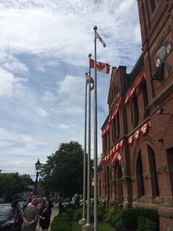 After last month's MASSIVE World Pride event in Toronto, Tats and I were eager to see how it's done in Charlottetown, PEI. So, we attended Monday's Flag Raising event at City Hall here. It was admittedly a somewhat (okay, a significantly!!!) smaller event than Toronto's flag raising a the end of June, but hey, at least the Mayor showed up here in Ch'town, lol! Also in attendance was one of the Pride PEI organizers, a young gay man who also happens to be the first "out" person running for city council on the Island. Later this week, we plan to attend a rainbow cupcake decorating event at one of the major grocery store chains in town (Alex and Simon are looking forward to that one!), as well as a coffee house, and of course the parade itself, held Saturday at noon, and followed by a picnic in the park. 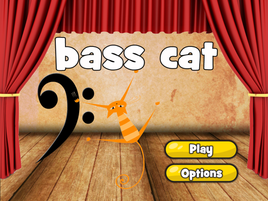 I don't know about you, but when it comes to music theory, I've always had more trouble with the bass clef than the treble. For some reason, it takes me at least twice as long to figure out the notes on the bass clef when sight reading. Enter Bass Cat by LMuse, a fun app designed to teach and consolidate the learning of notes on the bass clef! The notes are introduced one at a time, and practice in the form of a game is offered. The challenges in each stage are locked until the previous challenge has been successfully completed. A perfect score gets you three stars; with two stars you can move on or repeat the challenge, as desired. One thing I really like about this app is that it provides scaffolded learning; the challenges within each stage offer just the right amount of challenge, without becoming overwhelming. There is a gradual release of the responsibility to the player as notes are first labeled, and then eventually, just have to be recognized by their position on the staff. Also, in the early levels, only one or two notes at a time are used in the game, and they move fairly slowly along the staff, whereas in the more advanced levels, three notes need to be recognized, and the also move more quickly along the staff, helping the player to develop automaticity in note reading. Another thing I like about this app is that it exposes students to a diversity of musical genres and styles: From Jazz to waltz and everything in between, a variety of music plays in the background while students work on each challenge. (And for those who prefer a silent experience, the sound can be turned off.)
If you're looking for a fun but proven way to improve your bass note reading, I highly recommend bass cat!  Decided to have dinner at the lighthouse this evening... heated up my leftover squash soup (thanks, Tatsy!!) and poured it into a thermos, and packed it, along with some water and a container of leftover green and yellow salad into my bike pannier, then headed off towards the not-yet-mosquito-infested red road leading to St Peter's Lighthouse. Soon I could spy the lighthouse in the distance, between the reeds and across the pond. A little further on, I left my bike and hauled my dinner and the new beach chair (thank you Brenda and Wendy!!) I had fasted to my bike over the dune and onto the beach. I got myself all set up and enjoyed a lovely dinner by the water. My only complaint was that someone had eaten all the avocado out of my leftover green and yellow salad, and so I was feeling like a little something was missing there. But otherwise, it was a pretty nice evening. Dusk lasts forever on PEI, and the sky is constantly changing. I enjoyed the beginning of sunset, then set off back home before things got too buggy! A former colleague and I were chatting recently about many Canadian organizations' move towards adopting a diversity and inclusivity focus in their structural policies. This is a colleague with whom I had done some years of equity work, and from whom I have learned a great deal about cultural proficiency both personally and professionally. It is also a colleague with whom I can be very frank, and we often share a hearty guffaw at the expense of those whom we deem do not "get it", when it comes to cultural proficiency. You see, it is our firm belief that simply enforcing hiring quotas, or even developing a staff support group for racialised leaders, or slapping a colour inclusive poster on the wall will not foster a climate of authentic inclusion. While these initiatives are good and necessary, and while they sometimes even come from the right place, they are not enough. In order to truly eradicate racism, the work climate must include an element of intellectual dissonance. Difficult conversations need to be had, conversations that welcome and include a variety of voices. People have to be willing to be uncomfortable, and to ask questions to clarify their own thinking and that of others. Over the years, I have watched friends and colleagues who are committed to equity and social justice become so politically correct that it impeded -- I would argue -- their ability to develop a high degree of cultural proficiency!  In order to break the cycle of prejudice and stereotype, one first has to explore those stereotypes, and examine deeply one's own prejudices. Knowing, really knowing, a culture's history, traditions, its "inside scoop" may enable us in discerning which parts of the stereotype can help us to better understand an individual or group from a certain culture, and which parts of the stereotype have been grossly exaggerated and need to be discarded. Really deeply examining a culture's stereotypes and important events in the culture's history also forces us to consider our own motivations in creating unhealthy stereotypes of certain cultural groups. The recent drama in Russia/the Ukraine is a classic example, in my opinion, of western failure when it comes to cultural proficiency. In the aftermath of the crash, I heard a Canadian speaking with news reporters about the situation overseas. His reasonably well-articulated sentiments echoed those of the president of our neighbours to the south in calling for an immediate cease-fire and cooperation of all parties in order to allow independent investigators to do their work with regards to the commercial airliner that had been recently shot down in that part of the world, tragically killing all on board, including Europeans, Canadians and Americans.  You could hear the incredulity, almost, in both Obama's voice and that of the Canadian speaker I saw on TV that morning, as they talked about the situation. They worked hard to temper their anger, and did their best to moderate their outrage as they spoke about the need for members of the EU to cooperate on terms of sanction for Russia, adding that they would support such sanctions as needed. Nevertheless, you could see on their sheltered North American, middle class faces their almost shock and disbelief at the way Russia has gone about its business in recent months in general, and with regards to the airline tragedy investigation in particular. Now, I'm no expert on Russians, but I'm going to go out on a limb here and suggest that any country who chooses to annex -- by force -- bits of a neighbouring country, and then supports (or implies support by not rushing to punish the perpetrators of) the shooting down of a civilian, commercial aircraft is perhaps not playing by the same set of cultural norms as the leaders of the western world would like to think. This different set of mores was illustrated for me recently by a young Russian with whom I had the opportunity to dine, in my home, with my gay self and my gay girlfriend. After dinner, said Russian (who was well aware of our sexual identity, btw) announced that he would like to go to the Pride Parade... "and stab people"! It's the sort of blatant homophobia I've not heard in Canada for at least two decades. (He later went on -- when I invited him to a further conversation about his aggressive comment -- to denounce anyone in a position of weakness, refer to me as a "fucking retard" who -- being an elementary school teacher and all --brainwashes children. His advice was to "suck it up" and "get over it". Delightful.) So this young man does not share my idyllic view of how we should all live together in peace and harmony, clearly. (Needless to say, we won't be inviting him over for dinner anymore!!!) Now, don't get me wrong, I'm not suggesting that all Russians are homophobic war-mongers...  Indeed, I recently attended a panel discussion with a Russian journalist who is working hard to promote human rights in Russia and in other countries, with an emphasis on the rights of LGBTQ people. What I am suggesting is that it's a little naive to think that we can just basically tell such a country to play nicely by our western rules of the game, and they will respond cooperatively. (And, by the way, we have to be honest and willing to admit that we ourselves don't always follow our own rules!!) If we want to have a meaningful relationship with a country so apparently different from our own, we need to be committed to finding out what makes that country "tick", so to speak. It's insulting to others to assume that everyone plays by the same rules. If we want to redefine the rules, or rather, create a new, collaborative "world culture", then we first have to hear the voices of all parties at the table. And we need to recognize that it's going to be a noisy, chaotic conversation. Cultural proficiency is just that: Proficiency. It's not a dabbling in culture, eating borscht with some Russian friends, putting on Henna at an Pakistani friend's wedding or dancing the tango with an Argentine colleague after work on Friday, although those things are important, too, in developing cultural competence. No, "proficiency" in any language, including the language of culture, requires intensive study of and wrestling with the tricky bits of that language. To know a culture, one must learn about its significant historical events, as told from the people of that culture, and as told from a variety of perspectives within the culture. One must learn why the people who leave a country emigrate, and why those who choose to stay do so. One must examine how the "weakest" in the culture's urban and rural societies are treated, and one must consider that culture's relationship with faith, and its stance on the environment. One might argue that it is impossible, then, to really know a culture, let alone every culture with enough depth to be considered "proficient". I would counter that at the very least, one ought to be open to learning. And that one might also be willing to admit, "I don't know" as needed. Assuming that everyone shares the same values, and operating from that stance with the excuse of being "respectful" is not cultural proficiency, and will only exchange one set of culturally-related problems for another. If we want to make a difference in the long run, and build a global society where people can communicate effectively while honouring the bits of their own culture which -- once scrutinized with a critical, objective-as-possible lens -- they consider worth keeping, then we need in the short run to have real, meaningful and difficult conversations, ones in which we challenge ourselves and each other to look beyond the "cultural mosaic" and into the dark corners of our culture and those of others. We must be willing to address stereotypes in ways that allow us to unpack what we REALLY think, and then consider where those ideas come from and which parts of them are useful and which parts need to be discarded as unfounded assumptions. In the process, people will get offended. But... as my offensive Russian homophobic non-friend would say, "suck it up and get over it" ;-P
Until we move beyond superficial practice, the world will continue to see missiles rained down on it, civilian airplanes shot out of the skies, women raped, children abused and people from all walks of life mistreated because they don't fit the unchallenged values of the group in power at a particular time and place. So dig, dig deep, my friends. Cultural proficiency can be achieved, one fine, possibly uncomfortable conversation at a time! |
About Vera...After writing for several teacher and multiple birth publications, including ETFO's Voice Magazine, Multiple Moments, and the Bulletwin, Vera turned her written attention to prolific blogging for some years, including BiB, "Learn to Fly with Vera!" and SMARTbansho . Homeschooling 4 was her travel blog in Argentina. She now spends more time on her Instagram (@schalgzeug_usw) than her blog (pictures are worth a thousand words?!)
DISCLAIMER
The views expressed on this blog are the views of the author, and do not necessarily represent the perspectives of her family members or the position of her employer on the the issues she blogs about. These posts are intended to share resources, document family life, and encourage critical thought on a variety of subjects. They are not intended to cause harm to any individual or member of any group. By reading this blog and viewing this site, you agree to not hold Vera liable for any harm done by views expressed in this blog. Categories
All
Archives
August 2023
|



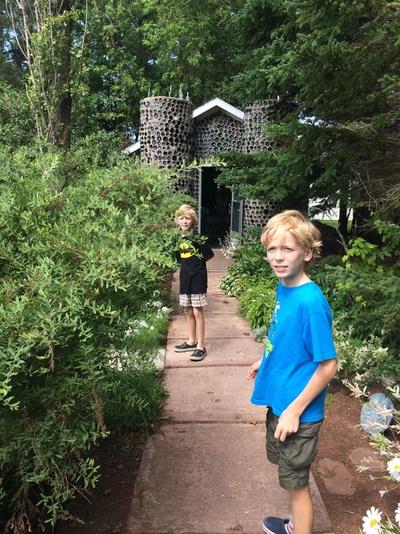


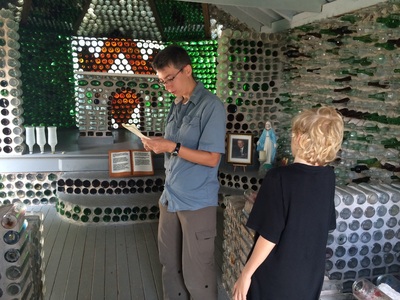

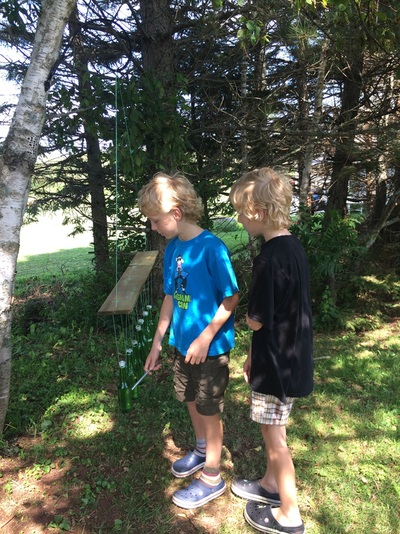
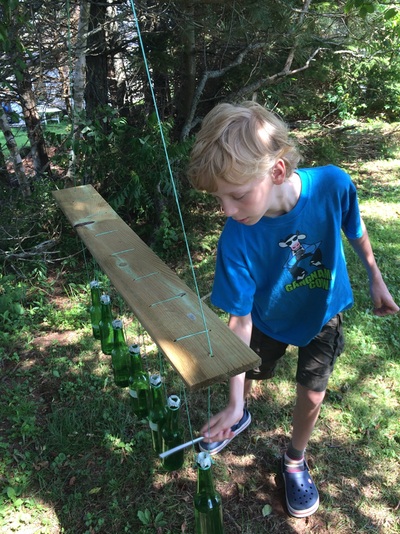
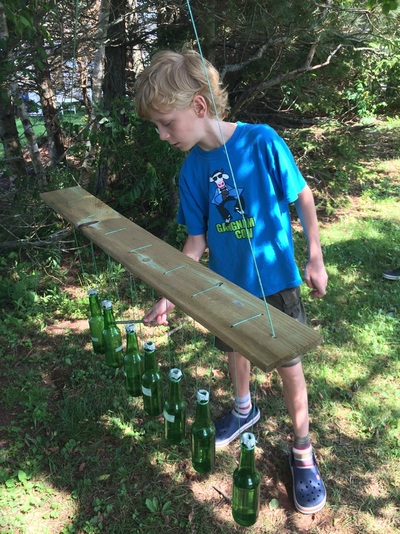

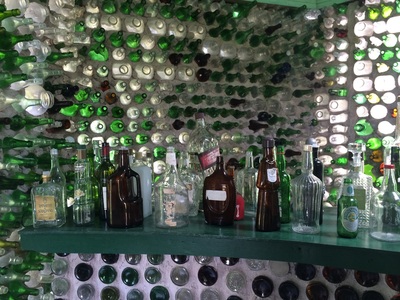

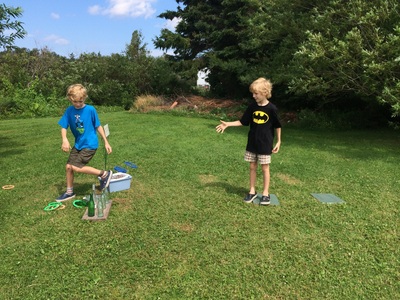
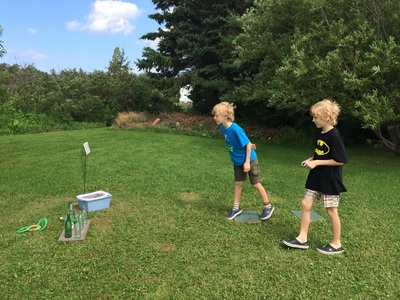
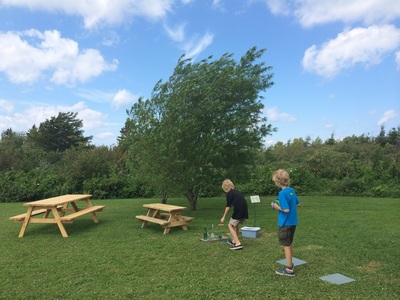
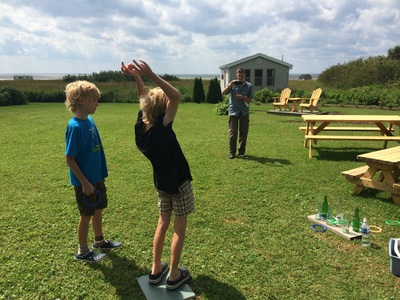

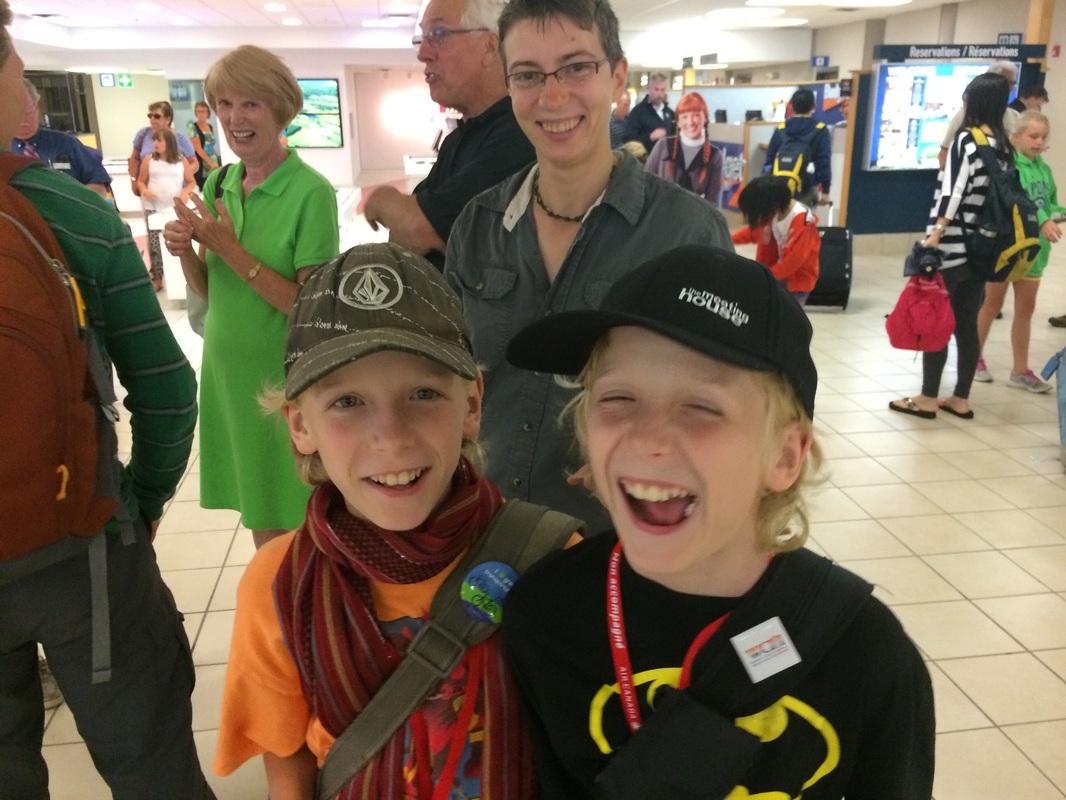







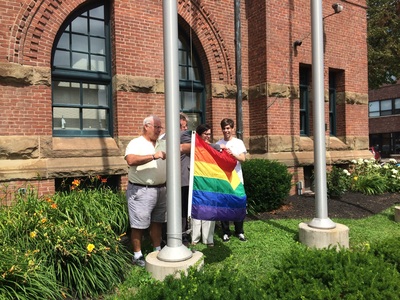
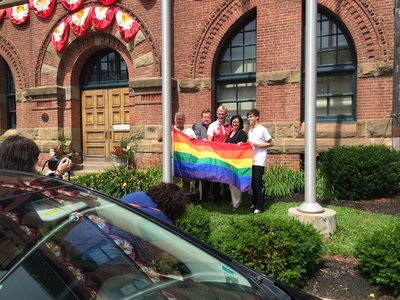
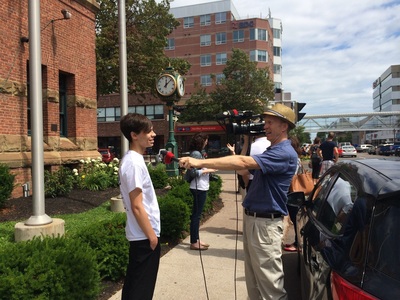

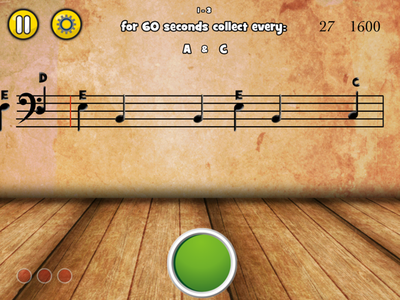
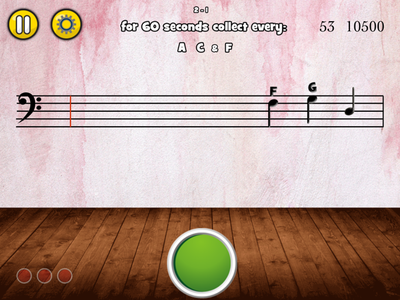
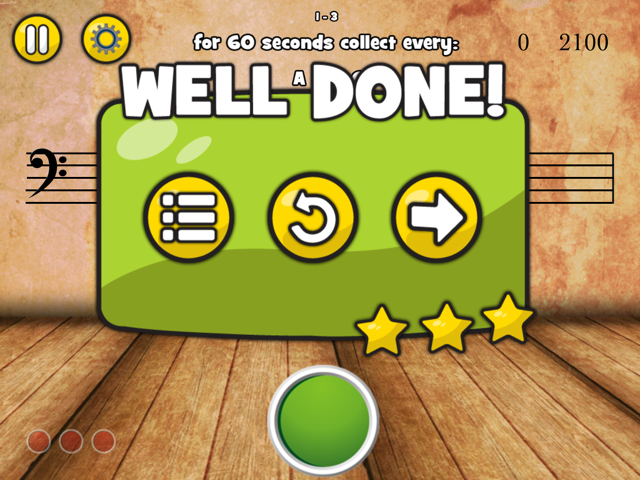



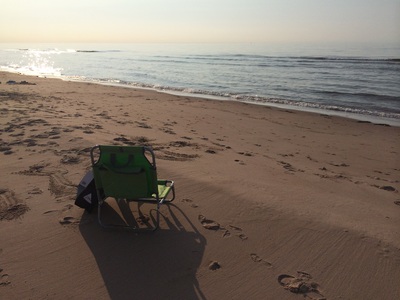

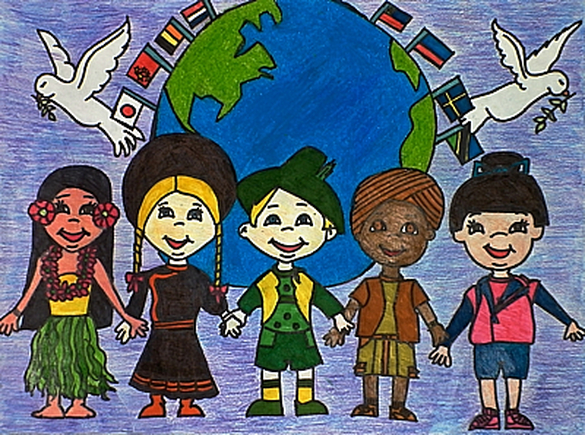








 RSS Feed
RSS Feed